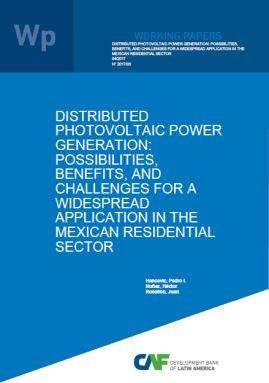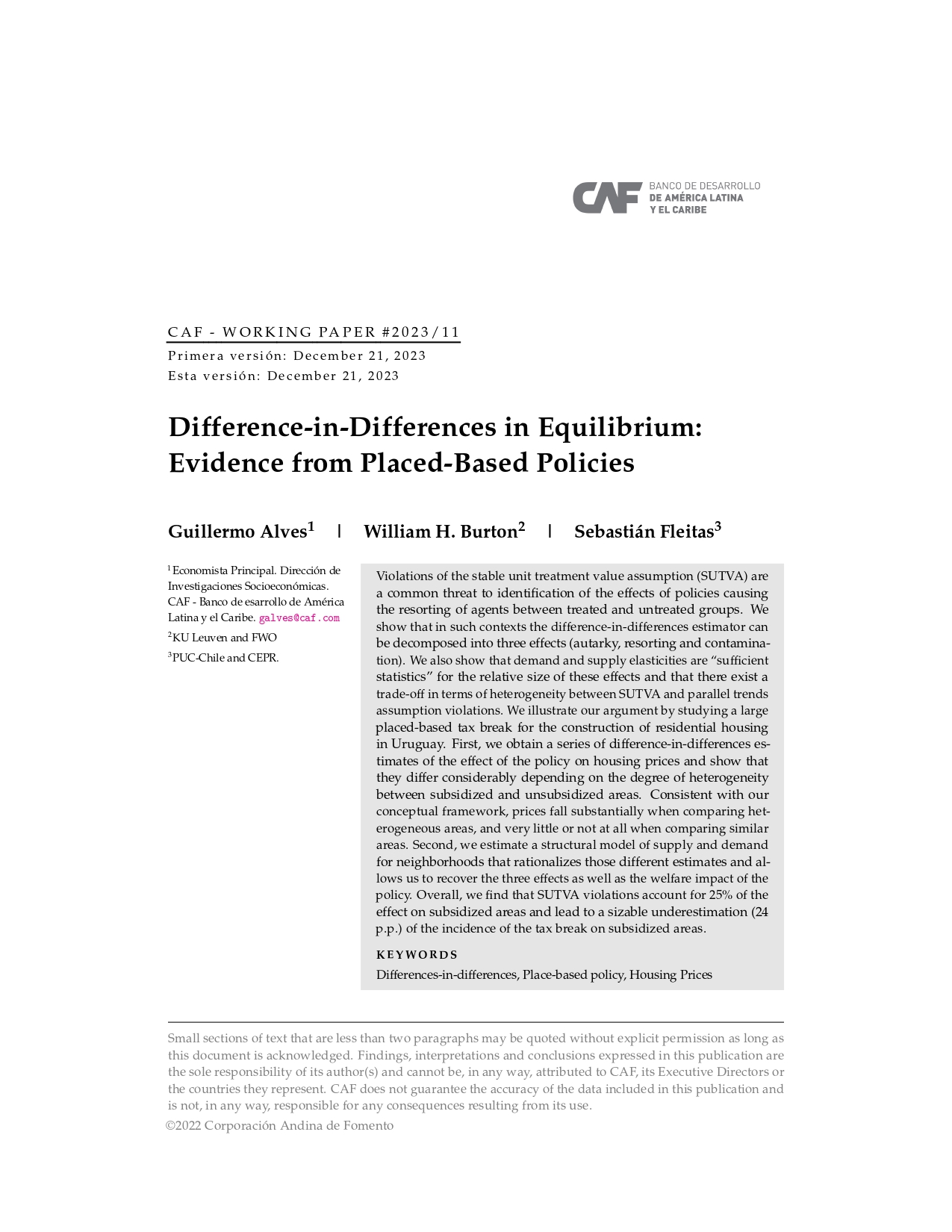Mostrar el registro sencillo del ítem
Electricity Pricing and the Energy Transition for Residential and Non-Residential Consumers
| dc.contributor.author | McRae, Shaun D | |
| dc.contributor.author | Wolak, Frank A | |
| dc.coverage.spatial | Colombia | es_ES |
| dc.date.accessioned | 2024-06-05T21:30:58Z | |
| dc.date.available | 2024-06-05T21:30:58Z | |
| dc.date.issued | 2024-01-05 | |
| dc.identifier.citation | McRae, S & Wolak, F. (2024). Electricity Pricing and the Energy Transition for Residential and Non-Residential Consumers. Caracas: CAF. Retrieved from https://scioteca.caf.com/handle/123456789/2266 | |
| dc.identifier.uri | https://scioteca.caf.com/handle/123456789/2266 | |
| dc.description.tableofcontents | High electricity prices hinder efforts to decarbonize through electrification. In this paper, we demonstrate the inefficiencies of the retail electricity tariffs for both residential and non residential consumers in Colombia. We show the low take up for a 2012 policy in Colombia that reduced electricity prices for industrial users. As an alternative, we propose a novel tariff design that eliminates customer class distinctions, aligns prices with marginal costs, and introduces a fixed charge based on estimated willingness to pay. Using data for the entire population of electricity consumers in Colombia, we illustrate the tariff’s potential to eliminate existing distortions in electricity pricing across customer classes while limiting bill increases for low income households. | es_ES |
| dc.language.iso | en | es_ES |
| dc.publisher | CAF | es_ES |
| dc.rights | CC-BY-NC-ND | es_ES |
| dc.rights.uri | http://creativecommons.org/licenses/by-nc-nd/4.0/ | es_ES |
| dc.subject | Energía | es_ES |
| dc.title | Electricity Pricing and the Energy Transition for Residential and Non-Residential Consumers | es_ES |
| dc.type | workingPaper | es_ES |
| dc.publisher.city | Caracas | es_ES |
Ficheros en el ítem
Este ítem aparece en la(s) siguiente(s) colección(ones)
-
6.1 Documentos de trabajo en investigación socioeconómica
En esta colección se encuentran los documentos de trabajo sobre temas económicos y sociales prioritarios para la región.




